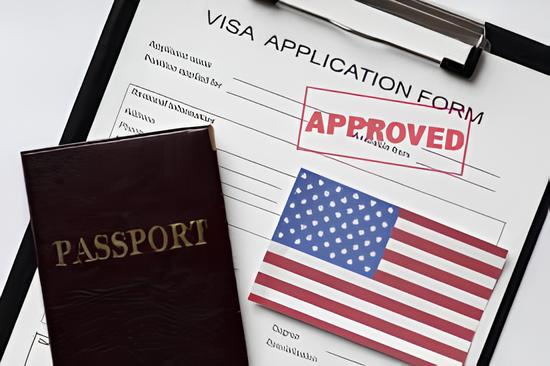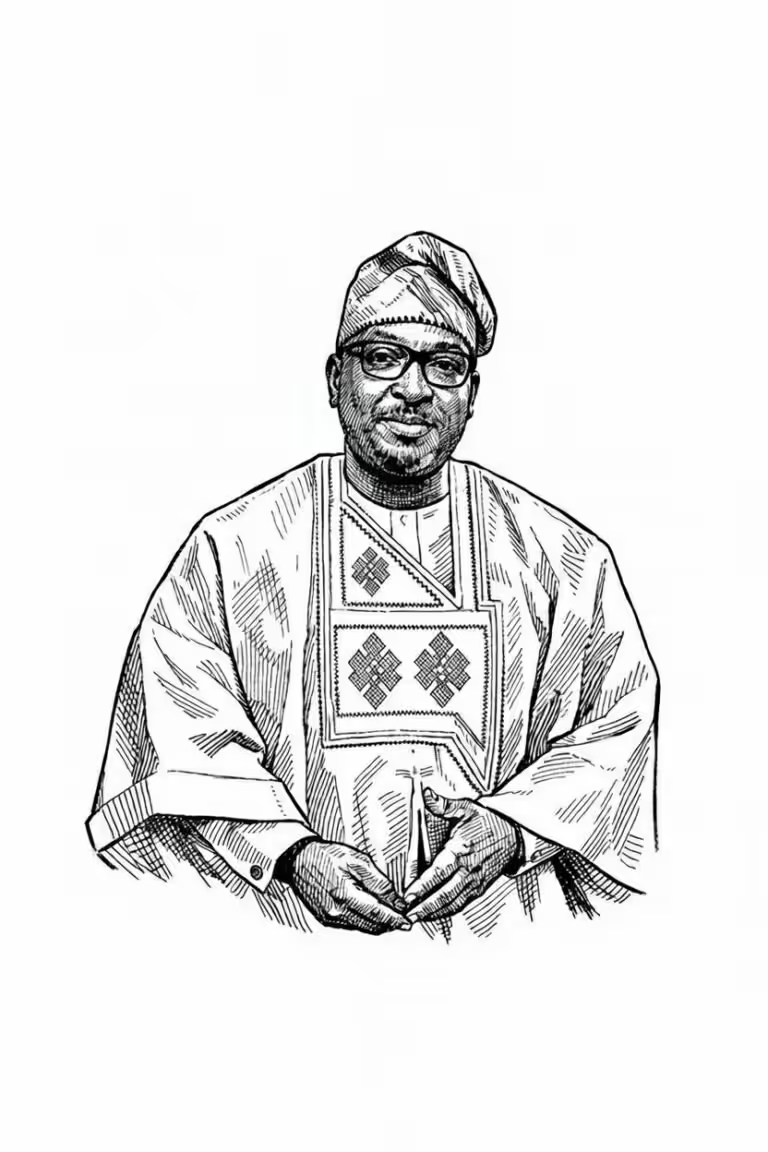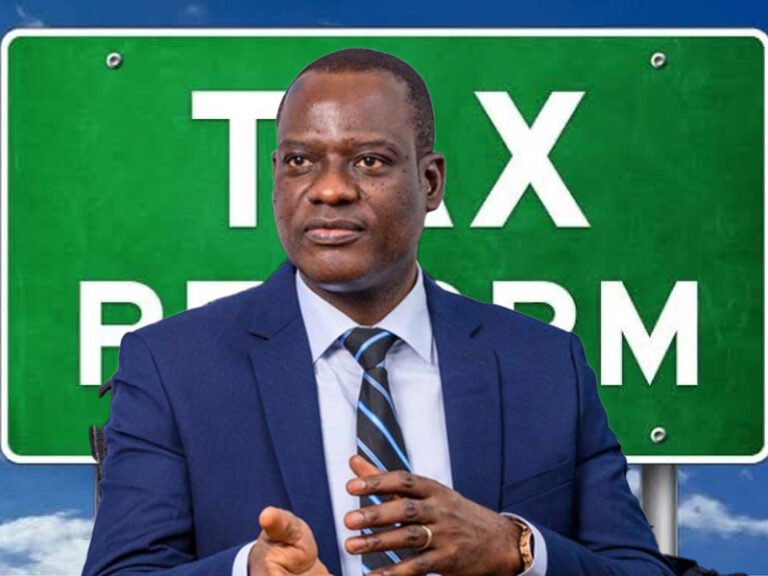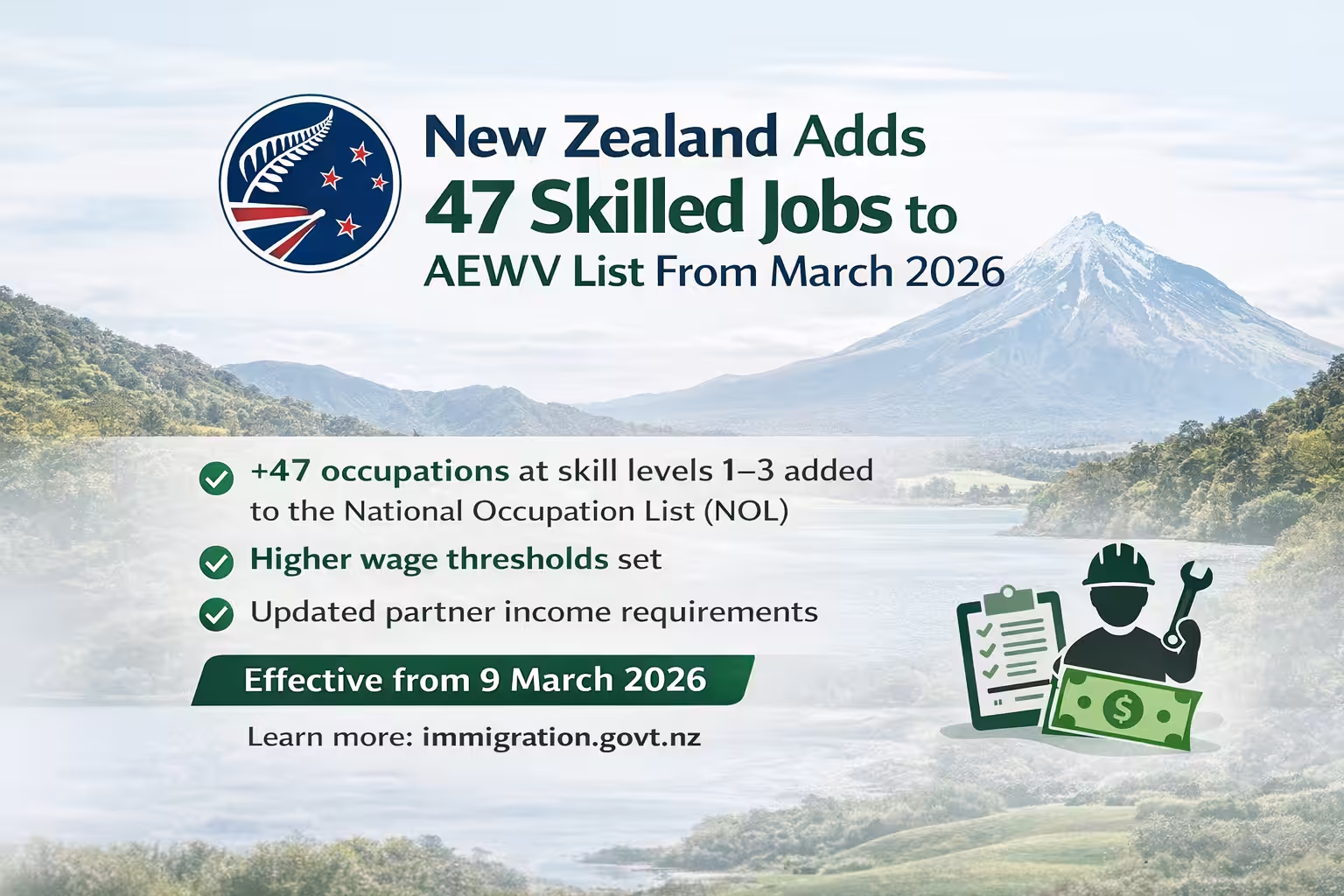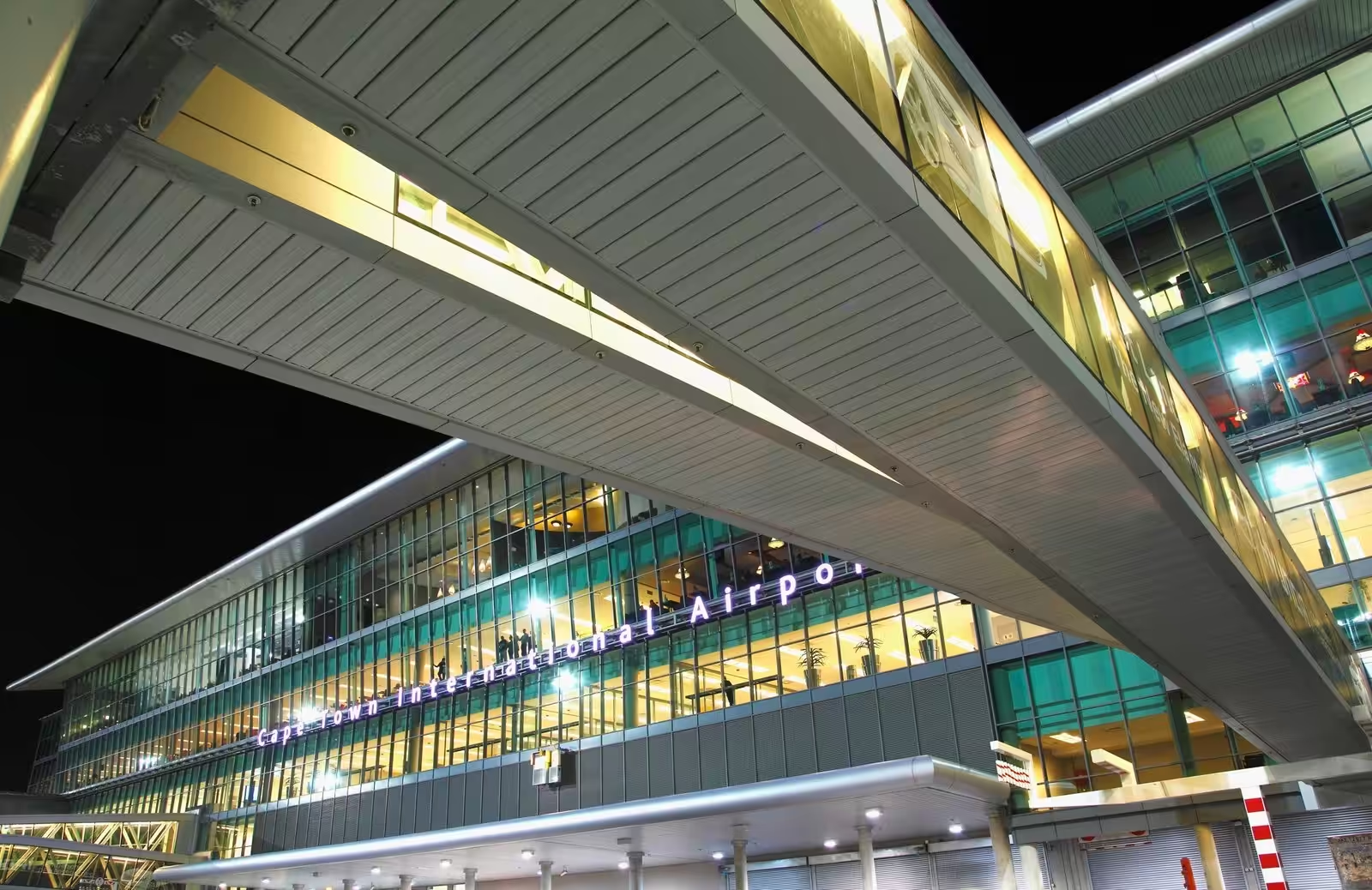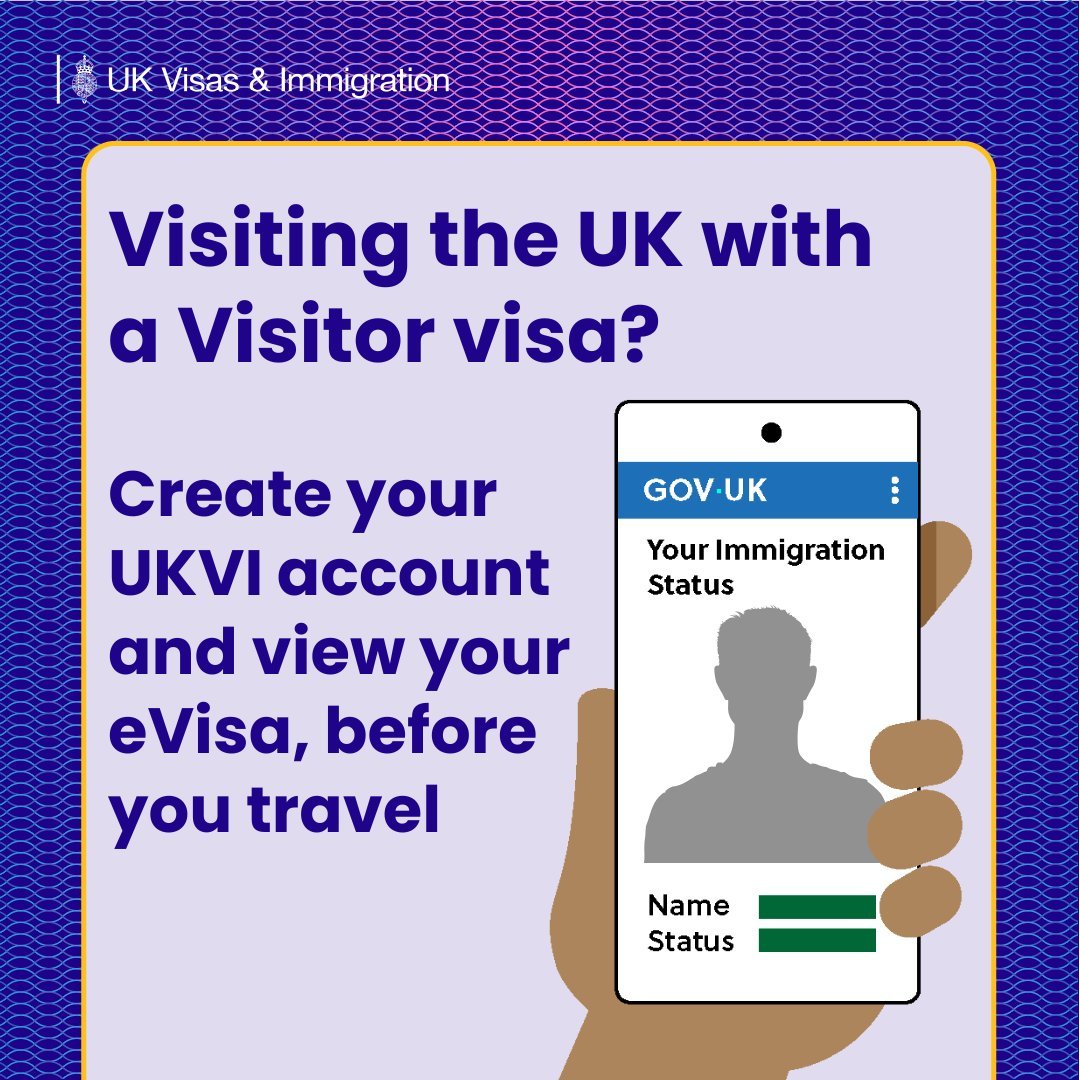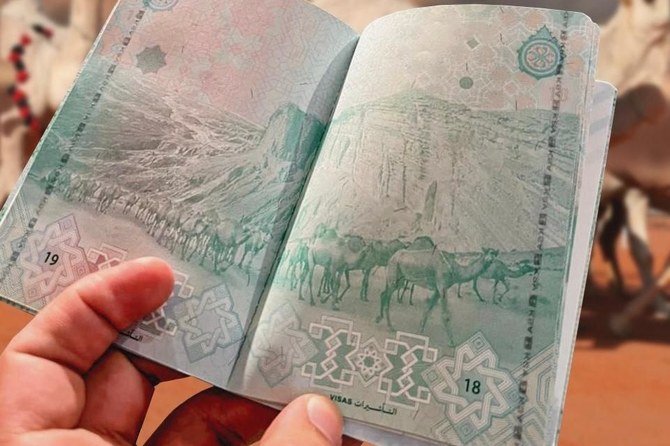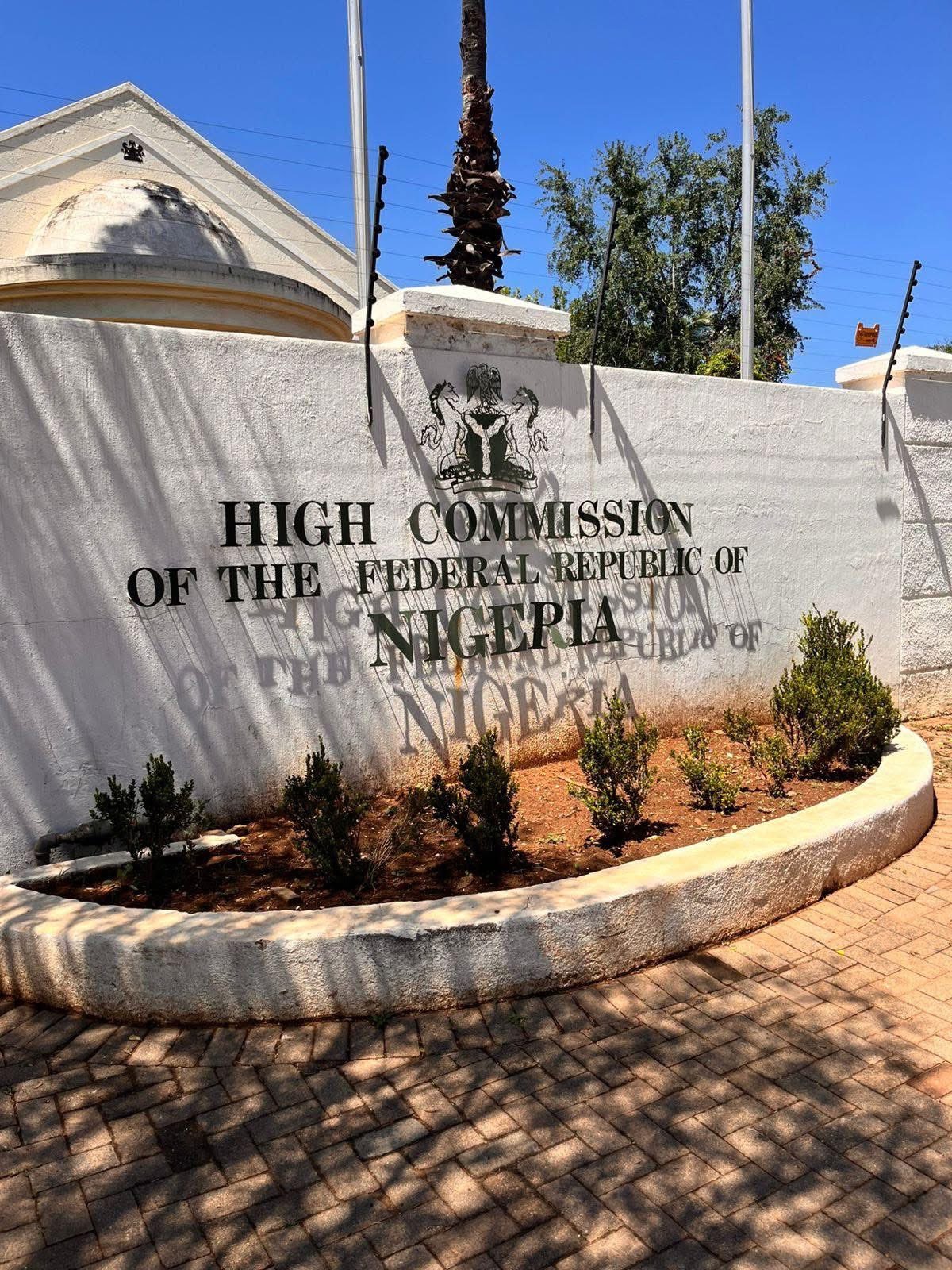The United States government has expanded its Public Charge rule — now allowing consular officers greater discretion to deny immigrant visas based on certain health conditions that may require costly medical care in the future.
Under the updated interpretation of the policy, applicants with medical conditions such as diabetes, cancer, or mental health disorders could face visa denials if officers believe they might become a financial burden on the U.S. healthcare system.
The rule, first introduced during the Trump administration and now broadened in scope, empowers consular officers to evaluate each applicant’s financial strength and access to healthcare before granting a green card or immigrant visa.
Also Read:
- $100,000 H-1B Visa Application Fee Not For Existing Visa Holders - US Government
- $100,000 H-1B Visa Application Fee: Nursing Coalition File Lawsuit Against Donald Trump
- UAE Bans Transit Visas, Imposes Stricter Dubai Tourist Visa Rules on Nigerians Aged 18–45
- Shehu Sani Advises Nigerians Impacted by US Visa Cancellations to Head Back Home
Applicants will be asked whether they can afford their medical care without relying on public benefits.
Officers are also expected to review their bank statements, insurance coverage, and affidavits of support from sponsors to determine financial readiness.
The new policy introduces a higher level of uncertainty.
“Two officers might look at the same case and reach different conclusions,” one immigration expert noted. “That’s why documentation is critical.”
Officials emphasize that having a medical condition alone does not automatically disqualify an applicant.
However, failing to show strong financial preparation — such as proof of stable income, private insurance, or adequate savings — could increase the risk of denial.
The update has sparked growing concern among those planning to relocate to the U.S. for family reunification or work-based immigration.
Many applicants are now rushing to update their financial documents and secure private health coverage ahead of their consular interviews.
For Nigerians and other foreign nationals searching for information about traveling abroad, the message is clear: being medically unfit is not the issue — being financially unprepared is.
This new reality makes it essential for every prospective immigrant to build a solid financial and medical documentation profile before applying.

